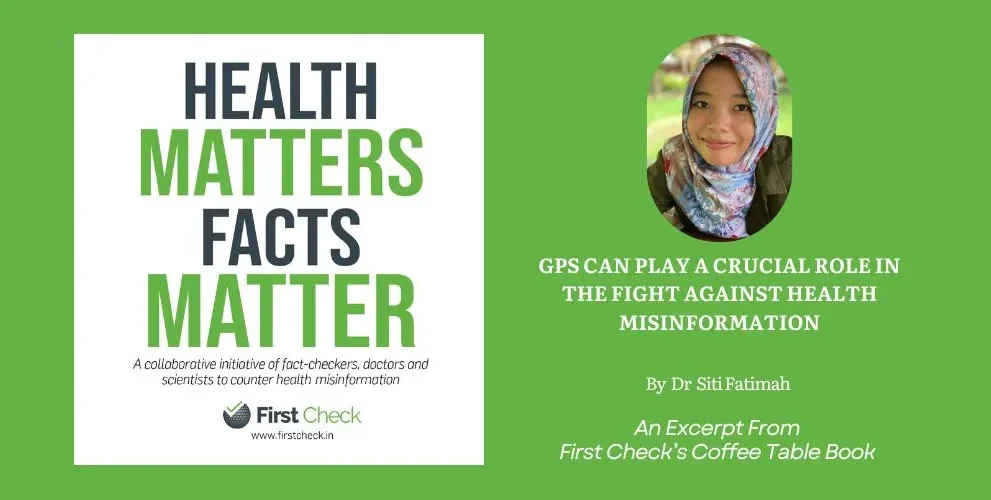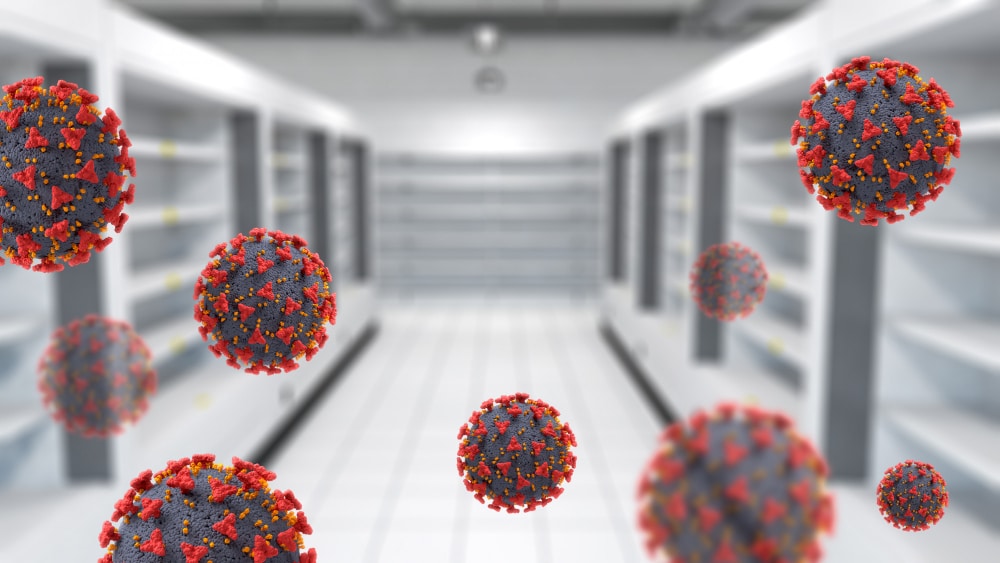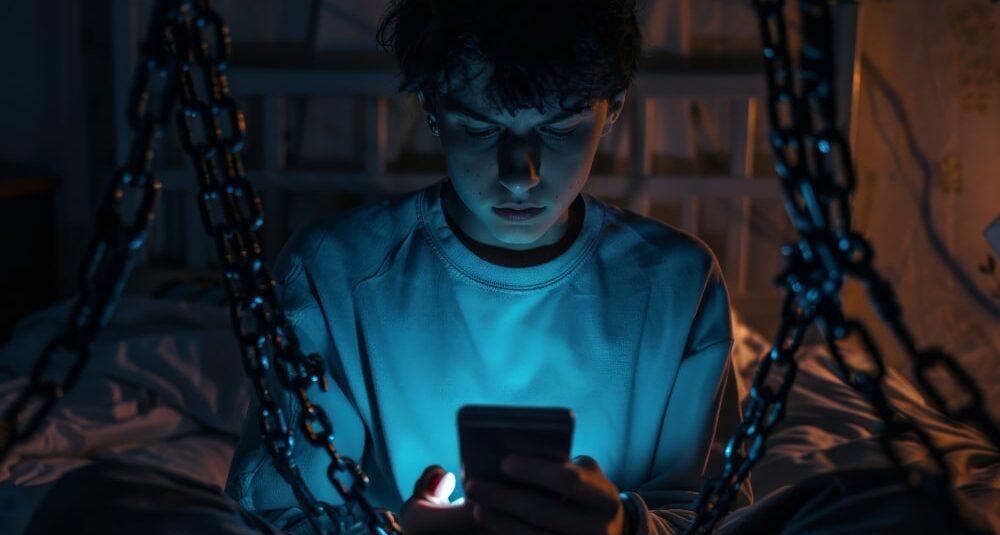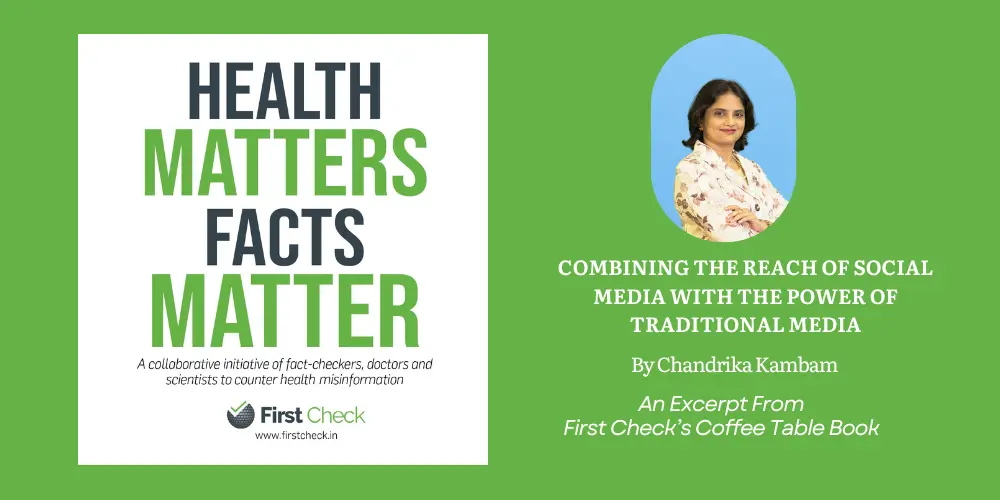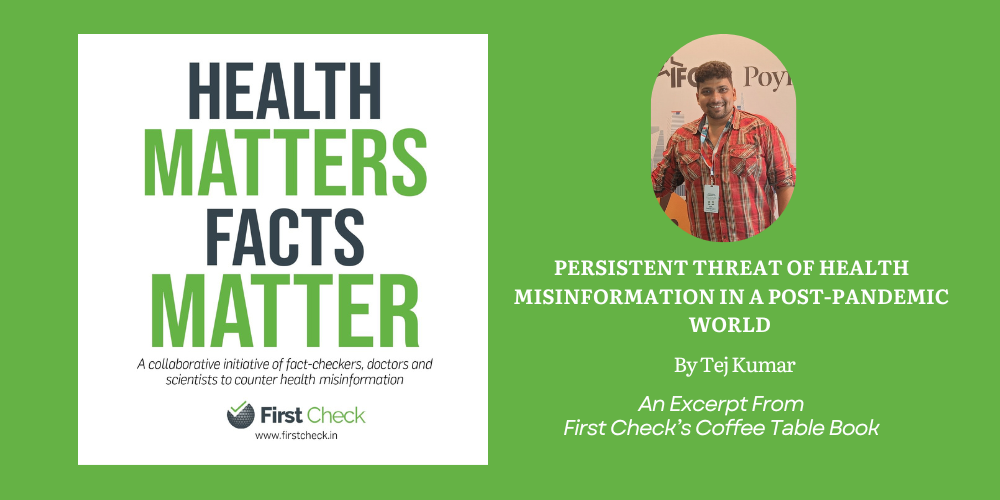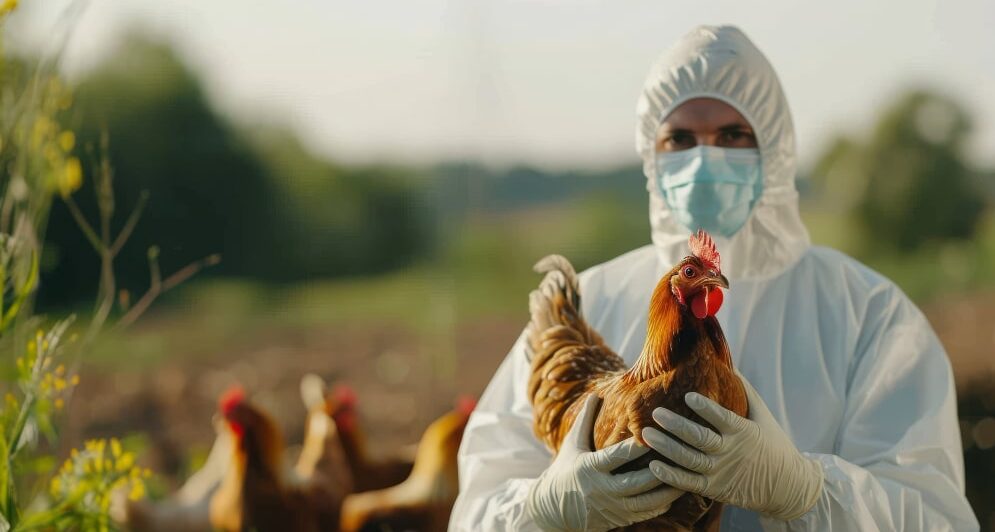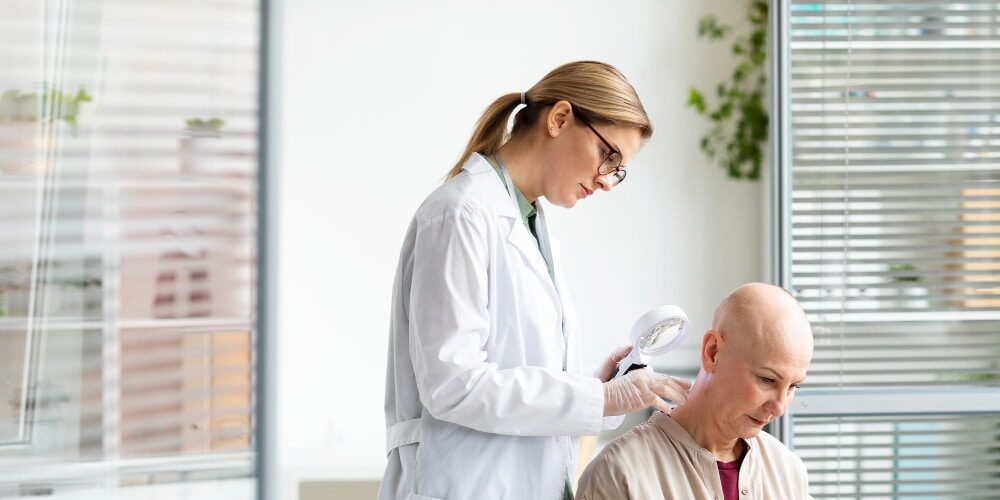There is an urgent need to promote health literacy and critical thinking skills to help people find reliable sources of health information.
I tell my patients to be wary of health claims that seem too good to be true, such as those that promise miraculous results in no time. It is equally important to be cautious of health myths and folklores that we are surrounded by in our communities.
In my clinic, patients often talk about joint problems caused by showering at night, or weight gain due to consumption of cold water. Another common misconception is that “natural” herbal medicines are safer than drugs that have undergone rigorous clinical trials.
Over the years, I have seen an unprecedented rise in health misinformation, particularly when it comes to vaccinations. There is an urgent need to promote health literacy and critical thinking skills to help people find reliable sources of health information.
In my opinion, general practitioners (GPs) have a crucial role to play as the first-line of healthcare professionals that patients encounter in primary healthcare facilities. It is the doctor’s responsibility to provide trusted and accurate information, supported by the most up-to-date, evidence-based medicine, while also addressing any misconceptions or myths that may be prevailing in society.
To ensure that patients can comprehend the information provided, doctors should use simple language and tools, such as visual comparisons or explanatory videos and images, to explain complex medical terms.
It is important to encourage patients to ask questions and discuss reliable sources of health information. These measures can enhance patient knowledge and critical thinking, enabling people to make informed health decisions. That way, people won’t believe everything they see on social media. They will be ready to verify the credibility of the information by cross-checking it with multiple reliable sources before sharing it with others. Our health information ecosystem needs to get stronger in order to prevent misinformation and misunderstanding among the public.
Dr Siti Fatimah is a general practitioner based in Indonesia and a member of First Check team of experts.
